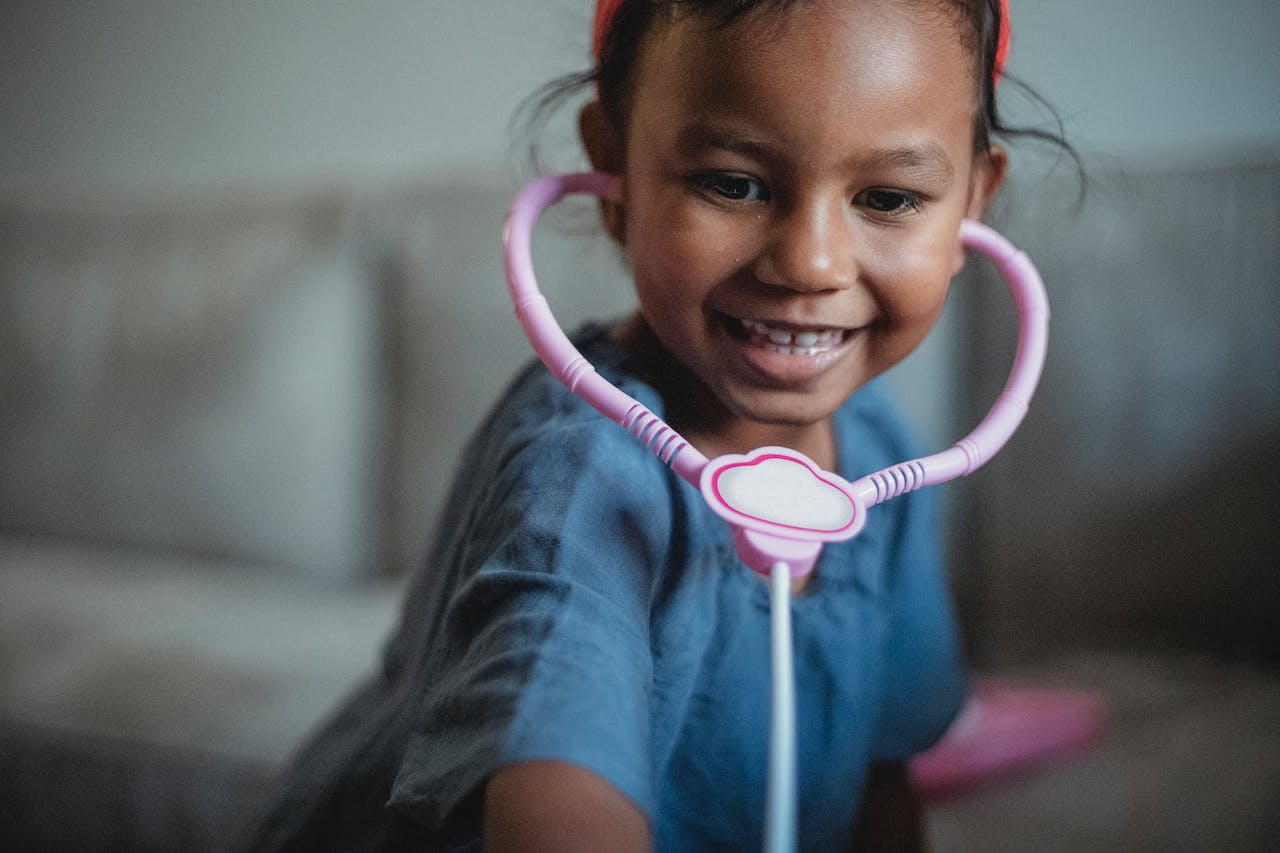Current pedagogical practices suggest that while there is no one ‘correct’ way of determining children’s mastery of skills and concepts, there is a need to assess them in some way. This may not be through a formal examination or a standardized test, but it is necessary in order to support children’s growth and development.
“In a culture of evidence, assessment is a necessary and integral part of greater student achievement. It becomes a tool for improvement: to improve learning, teaching and the curriculum.” Roueche et al. (2003)
Similarly, Wiggins and McTighe (2005) believe that assessment is a critical component of curriculum design as it not only determines students’ understanding, but the competency of the course. This two-fold approach ensures that there is documented evidence to prove that meaningful learning has occurred.
KneoWorld’s pedagogy is built upon storytelling and immersive experiences delivered via a combination of integrated technology and hands-on learning. KneoWorld is dedicated to ensuring children are involved, interested, empowered and motivated to learn and be creative.
Want to know more about how they do this? Request a demo today.
Immersive storytelling can be related to scenario-based learning. This was seen during the Cold War when Kahn (1967) used scenarios to put analysts in a situation they were likely to find themselves in. This role-play enabled him to analyse, design and evaluate procedures and encouraged them to think more critically, considering all possible options. He believed that they “… force the analyst to deal with details and dynamics that he might easily avoid treating if he restricted himself to abstract considerations.”
More recently, according to Big Think, engaging in active learning is effective because it gives learners the opportunity to try (and fail) in a safe environment. Boredom can be avoided and real-time feedback given as students ‘act out’ what they would do in ‘real life’.
“What makes this learning method most effective is when the scenarios reflect common, relatable, and relevant situations. Scenarios should be based on events that the learner may actually encounter in the real world.”
Therefore, while the scenario itself does not necessarily need to be a real event, it does need to reflect the patterns of everyday life. The student must be able to imagine themselves in the situation in order to consider what they would do.
In part 3, we will further explore the elements that make up this type of learning and how they can be applied in the classroom.
References.
Scenario-based learning: 5 best practices and examples (2023) Big Think. Available at: https://bigthink.com/plus/scenario-based-learning/ (Accessed: 09 November 2023).
Khan, H. (1967) “The Use of Scenarios,” in The Year 2000 A Framework for Speculation on the Next Thirty-Three Years. Edited by Kahn, H and Wiener, A.J. New York: MacMillan. Pp 262-264 cited by Haynes, Steven & Spence, Larry & Lenze, Lisa. (2009). Scenario-based assessment of learning experiences. 1 – 8. 10.1109/FIE.2009.5350730.
Roueche, J.E., Miliron, M.D., and Roueche, S.D. (2003). Practical Magic: On the front lines of teaching excellence. Amer. Assn. of Community Col. cited by O’Keefe, L. (no date) The Importance of Assessing Students, NC Course ReDesign Renewal and Development GuideAlpha. Available at: https://ecampusontario.pressbooks.pub/nccoursedevelopmentguidealpha/chapter/3-4-the-importance-of-assessing-students/ (Accessed: 09 November 2023).
Wiggins, G., and McTighe, J. (2005) Understanding By Design. (2nd Expanded Edition). Alexandria, VA: Assn for Supervision & Curriculum Development. Print. cited by Fisher, M. (1970) Student assessment in teaching and learning, Vanderbilt University. Available at: https://cft.vanderbilt.edu/student-assessment-in-teaching-and-learning/ (Accessed: 09 November 2023).



1 thought on “Enhancing Pedagogical Precision: Supporting Teachers to Meet and Exceed Students’ Learning Outcomes Part 2”
Comments are closed.